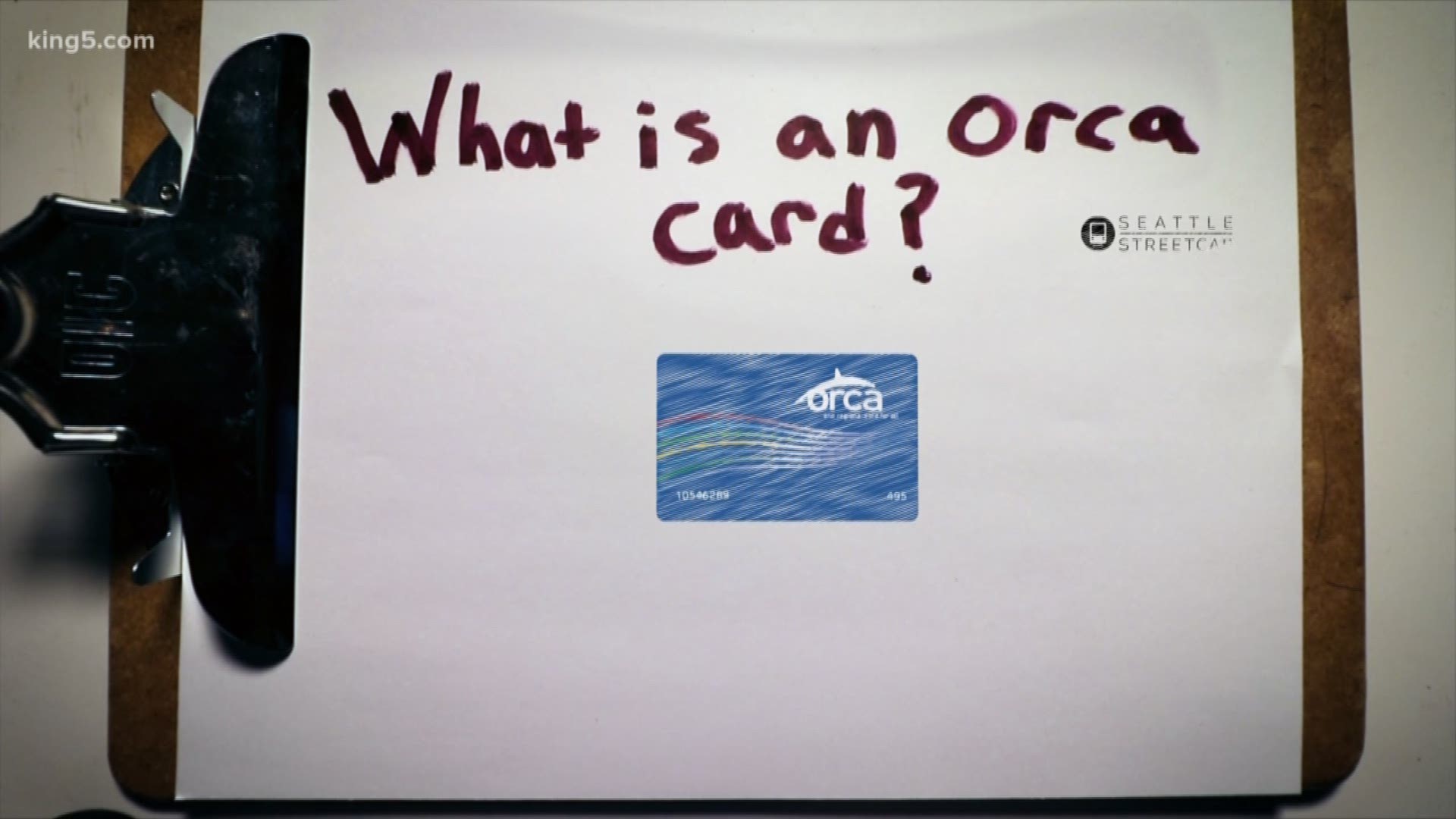SEATTLE — The King County Council’s Mobility and Environment Committee voted Wednesday to advance an income-based fare program that would fully subsidize annual ORCA transit passes for those with incomes 80% or below the federal poverty line.
Voting 7-0, the council unanimously agreed to advance the program to a full council hearing. New transit subsidies come on the heels of a 2019-2020 request in the King County biannual budget to establish and implement an income-based fare program by March of 2020. If passed through the council, current changes would take affect mid-2020.
Councilmember Girmay Zahilay was excused from Wednesday’s vote.
“I want to compliment the transit division for taking this down to the 80% federal poverty level, and just to remind folks for a single adult in King County that’s making $9,368 a year,” Councilmember Rod Dembowski said. “The likelihood that you’re going to be buying an ORCA pass or even being able to buy our LIFT without subsidy there, that’s a challenge. An extreme challenge. It’s the kind of thing that keeps people out of transit and sometimes lead to adverse fare enforcement action when you’re on transit, just because of affordability issue.”
Metro buses and Dial-A-Ride-Transit (DART), the water taxi, first/last mile services, Access paratransit, Seattle streetcars, and the Monorail would be covered under the current proposal, with talks of including Sound Transit services already in the works.
“It doesn’t matter where people are going, transit is integral to life. I think what we’re going here is strong public policy. It’s leading. I’m excited to be able to do it, and in time I’m looking forward to expanding the program to even more people,” Councilmember Joe McDermott said.
A council report estimates 50,000 residents would be immediately served by the change, with over 150,000 people total eligible to receive free annual ORCA passes.
King County plans on expanding the program to reach those making 138% of the federal poverty line once they’ve implemented their baseline and established resources this year. They are also looking at other factors that affect access to transit and recognize that income is not the only barrier individuals face regarding mobility.

